Considering the fact that 60% of the human body is made up of water, it isn’t surprising that staying hydrated heeds serious health benefits. But is radiant, clear skin one of them? In the era of miracle serums and moisturizers, chalking up great skin to drinking enough water seems too good to be true. After all, it’s water; it’s easy to find, it keeps your thirst quenched, and better yet, it’s free (a true rarity in the beauty world).
Countless celebrities have touted water as the secret to their red carpet-ready glow, but research on the subject is surprisingly limited, and the results of the studies we do have are far from conclusive. Beyond anecdotal testimony, there’s little scientific evidence to support claims that drinking eight glasses a day will keep your skin plump and wrinkle-free. That said, proper hydration is important to your overall health, and not drinking enough water could have a negative effect on your skin. Here’s what you need to know about the real benefits of getting enough H2O.
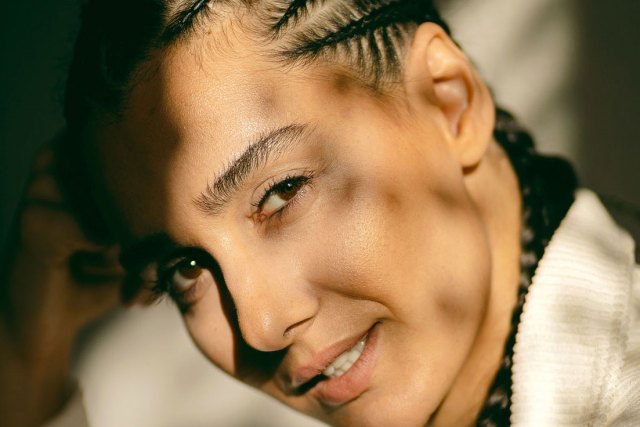
How Water Does (and Doesn’t) Affect Your Skin
If you have dry skin, drinking an extra glass or two glasses of water isn’t going to do much to moisturize it — you need a topical cream or ointment to do that. The water you drink is used by your entire body, so while your skin may indirectly benefit from good health overall, oral hydration does not guarantee a dewy, luminous complexion.
Dehydration, on the other hand, could make a difference to your skin. In extreme cases, skin may have poor turgor or elasticity, meaning it doesn’t spring back right away after you pinch it. Dehydrated skin (which is different from dry skin) may also amplify dark under-eye circles and result in a dull complexion — but again, this is in extreme cases. If you’re generally drinking enough water, you probably won’t notice any difference. (It is also possible to drink too much water, so beware of overhydration.)
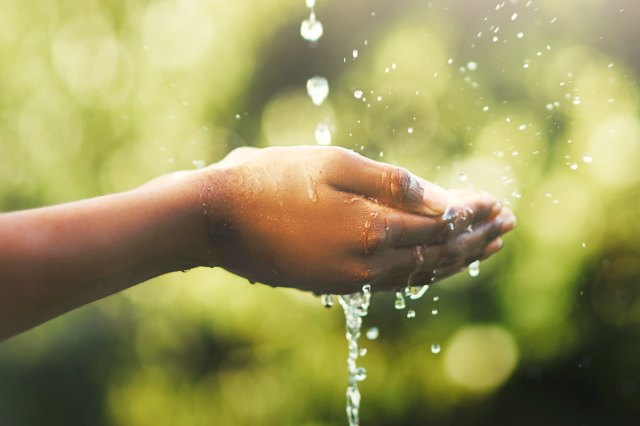
Water and the Skin Barrier
Of course, your body still needs water for other things — and skin actually plays an important role in regulating that. Your skin barrier, or the outermost layer of your epidermis (which itself is the outermost layer of your skin), acts like the first line of defense against external pathogens to not only keep out toxins and harmful bacteria, but also keep in water. Essentially, it prevents too much water from leaving the body through evaporation.
While it is important to keep your skin barrier healthy and hydrated so it can do its job, external moisturizers are the most effective solution. Note that keeping the skin barrier well lubricated becomes more difficult with age; partly as a result, you may lose more water, so drinking enough H2O is especially important to avoid dehydration.
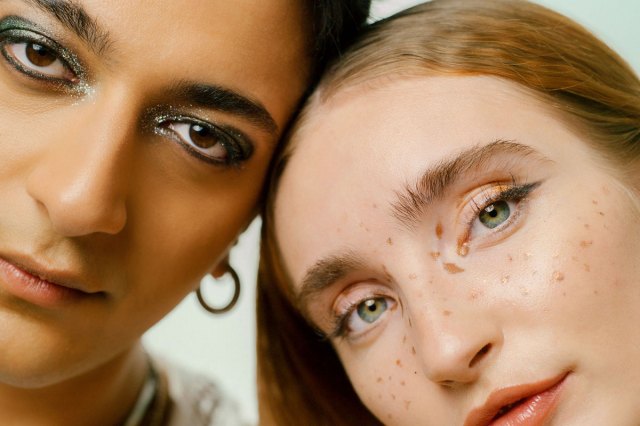
Water and Acne
While recent TikTok beauty trends have attributed clear, blemish-free skin to an abundance of water, experts aren’t convinced. As is the case with water intake and skin hydration, the link between water intake and acne is not well studied, so there isn’t conclusive evidence supporting the claim that drinking water can help prevent pimples. However, water does play an important role in many other bodily functions that may indirectly affect acne. For example, water can help keep blood sugar levels in check; when blood sugar isn’t properly regulated, spikes can cause inflammation and also lead to increased production of sebum, both of which may cause or worsen breakouts.
In this way, drinking water — instead of, say, sugar- or caffeine-heavy beverages — can be beneficial to your skin. (Plus, you won’t have to navigate the inevitable post-lunch sugar crash in the afternoon.) But it’s certainly not a miracle cure.
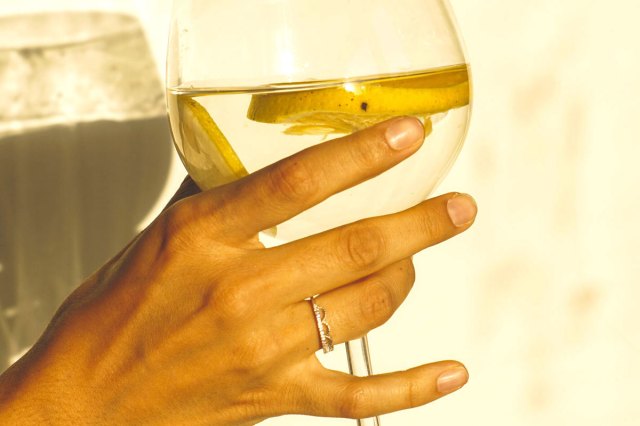
Water and Overall Health
The body’s natural detoxification system goes above and beyond to ensure toxins are removed regularly and efficiently, and that system relies on water. Water helps to filter and flush waste via the kidneys, liver, bowel, and lymphatic system. It also lubricates your joints, protects your spinal cord, and helps regulate body temperature. In short, it’s essential to keep your body functioning. So while it may not be the skin care miracle people say it is, you do still need to drink enough water to stay hydrated.
This article is for general informational purposes only.
Affiliate Disclaimer Medical Disclaimer



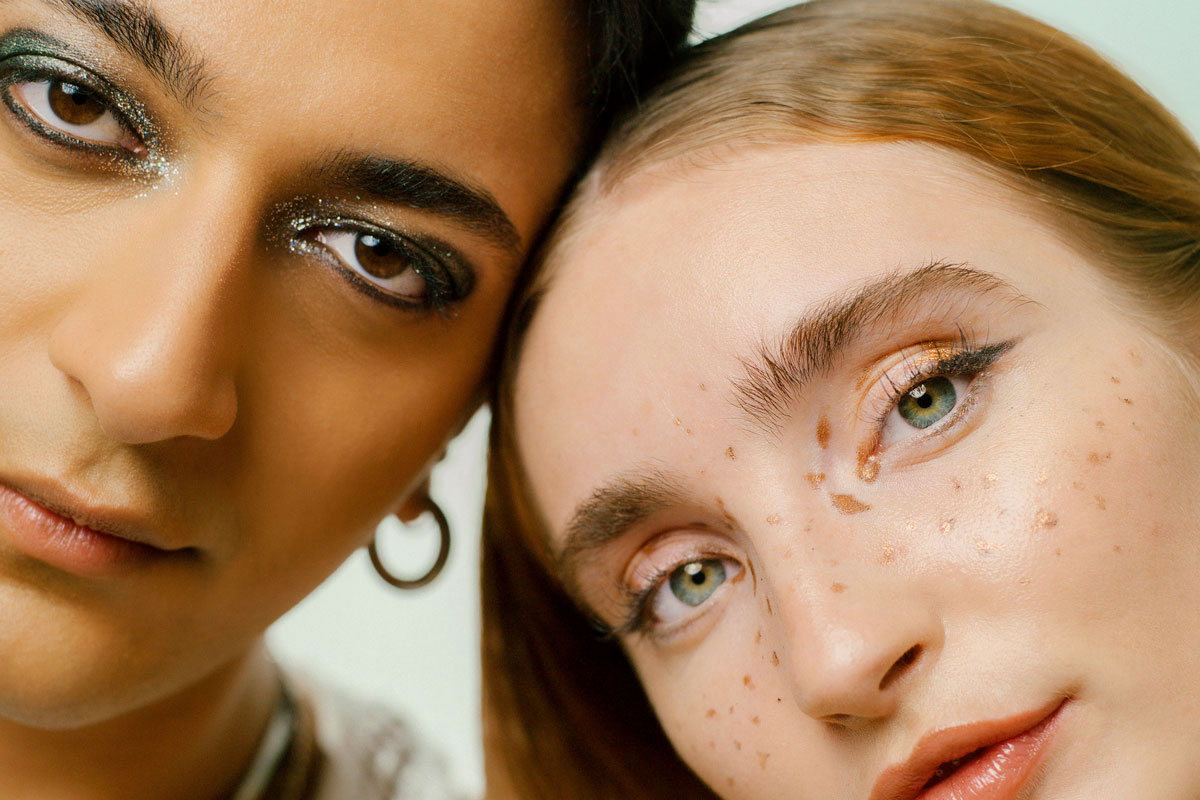
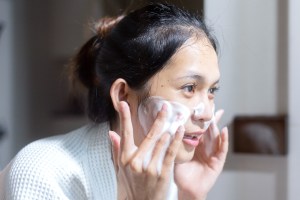


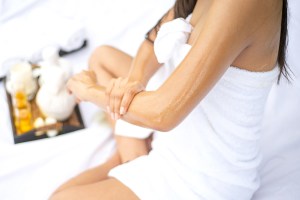
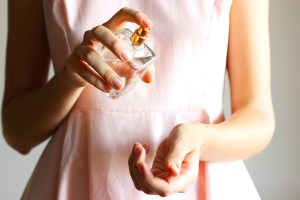
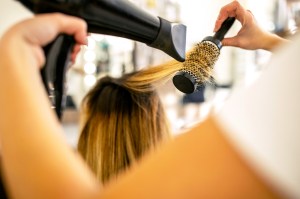
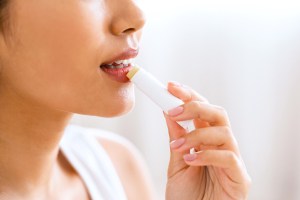
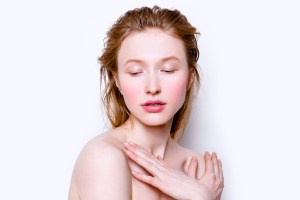


 Unique Beauty is free for all users.
Unique Beauty is free for all users.